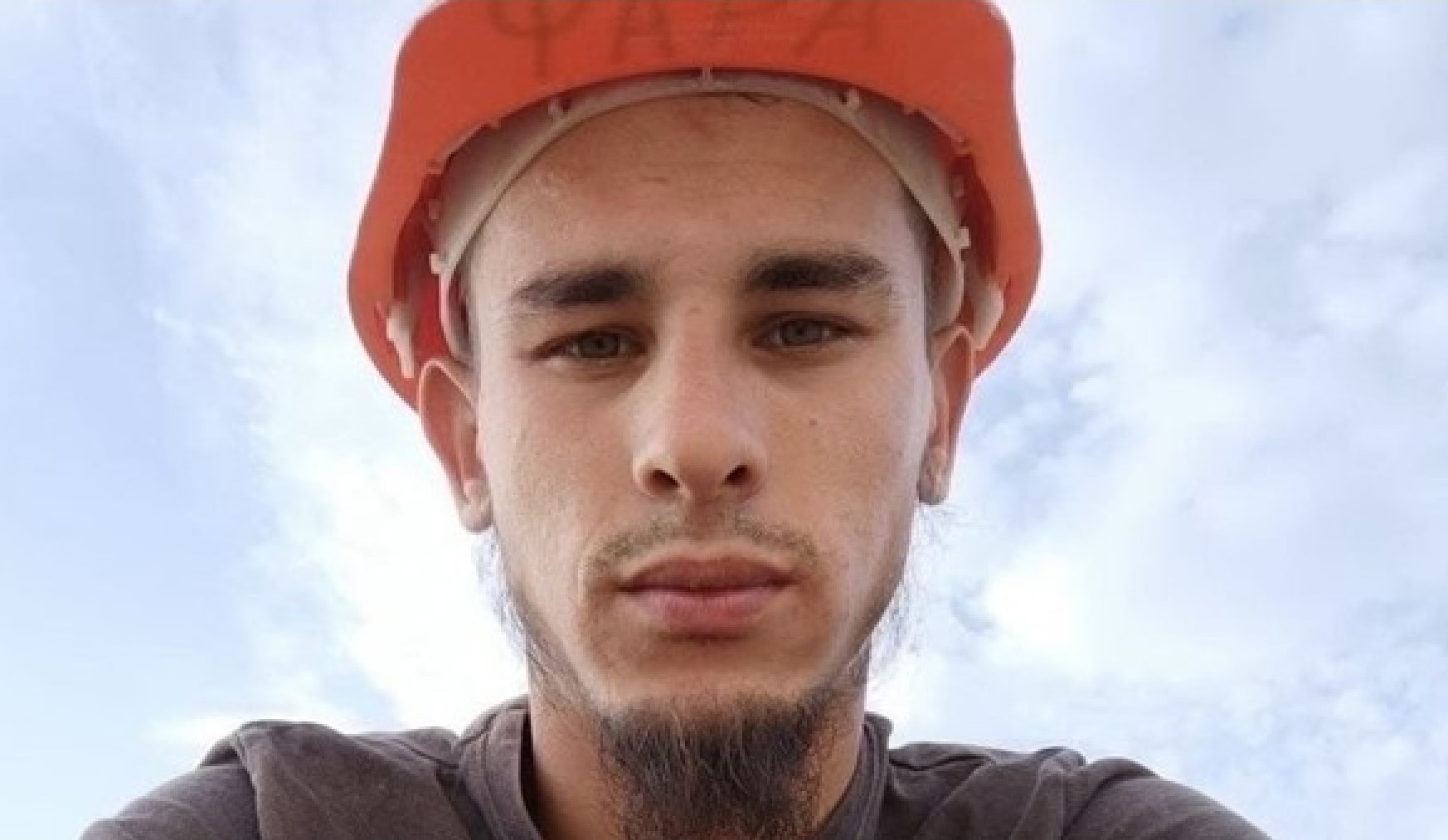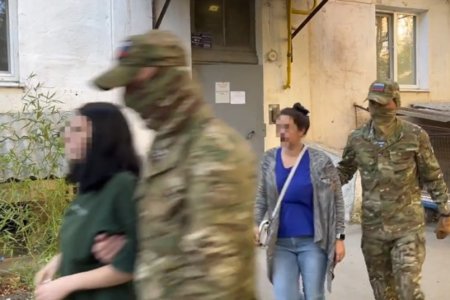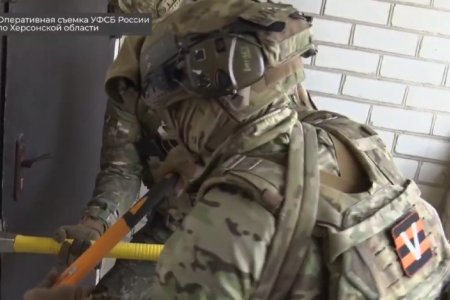
It has been three weeks since 22-year-old Fakhod Soliev disappeared in occupied Sevastopol, with CCTV cameras showing him abducted and taken away by two men, one in khaki. Very little is known at present, except that Soliev and a colleague, 33-year-old Server Aliev, have been missing since 3 November and, despite the CCTV footage, the occupation enforcement bodies are refusing to say where they are being held, and why.
Soliev’s mother, Lenara Seidalieva, approached the Crimean Solidarity human rights initiative on 16 November. In an address posted that day, she explained that the CCTV footage showed that men in uniform, probably from the FSB [Russia’s security service], had abducted her son. She had reported this to the occupation police in both Sevastopol and Simferopol, but could learn nothing. On 17 November, however, Crimean Solidarity reported that the police had acknowledged that the men had been taken away in a car belonging to the FSB. Seidalieva has not been informed of any criminal proceedings against her son, and the lawyers she has approached have found no evidence that the young men have been brought before any ‘court’, nor information about where they are being held. Such secrecy makes all of this seem far more akin to an enforced disappearance than any kind of legitimate law enforcement operation.
Lenara Seidalieva says that the scant information she does have suggests that Fakhod is being held against his will by the FSB. She fears that he is being subjected to torture, and that his very life may be in danger.
On 16 November, the Crimean Tatar Resource Centre reported that there are an ever-increasing number of searches of Crimean Tatar homes, with people then threatened by the FSB and afraid to speak out about what has happened. There are people working for the FSB, who convince victims or their families to remain silent, claiming that this will mean that the person detained is released. The human rights group reports that the FSB are also beginning to use such ‘searches’ as a way of extorting money from those they detain, or their families.
The use of torture in occupied Crimea while the FSB and police deny any knowledge of a person’s whereabouts are not at all new, unfortunately. We know of the torture methods and the threats of reprisals against the men and their families (most often their wives) from those men who refused to remain silent. Such methods are probably used to extract the supposed ‘testimony’ and even the ‘secret witnesses’ that the FSB use to fabricate politically motivated prosecutions.
Enforced disappearances
Russia brought sinister disappearance to Crimea, together with its invasion and annexation. The youngest of the victims, Islam Dzhepparov, was just 19 when he was abducted in Crimea on 17 September 2014, together with his 23-year-old cousin Dzhevdet Islamov. Although there were witnesses who could even describe the vehicle used in the abduction and give its registration number, the occupation authorities made no pretence of looking for the young men who were never seen again.
Several civic activists disappeared during the first months after Russia’s invasion. Then, on 24 May 2016, Ervin Ibragimov, civic activist and member of the Executive Committee of the World Congress of Crimean Tatars was abducted from near his home in occupied Bakhchysarai. In that case too there was video footage showing him being seized by men in uniform, but the occupation authorities denied all knowledge of him, while obstructing any real efforts to find the 30-year-old activist.
The UN Human Rights Monitoring Mission earlier reported that they were aware of 42 enforced disappearances from the beginning of Russia’s occupation of Crimea to June 2018.



